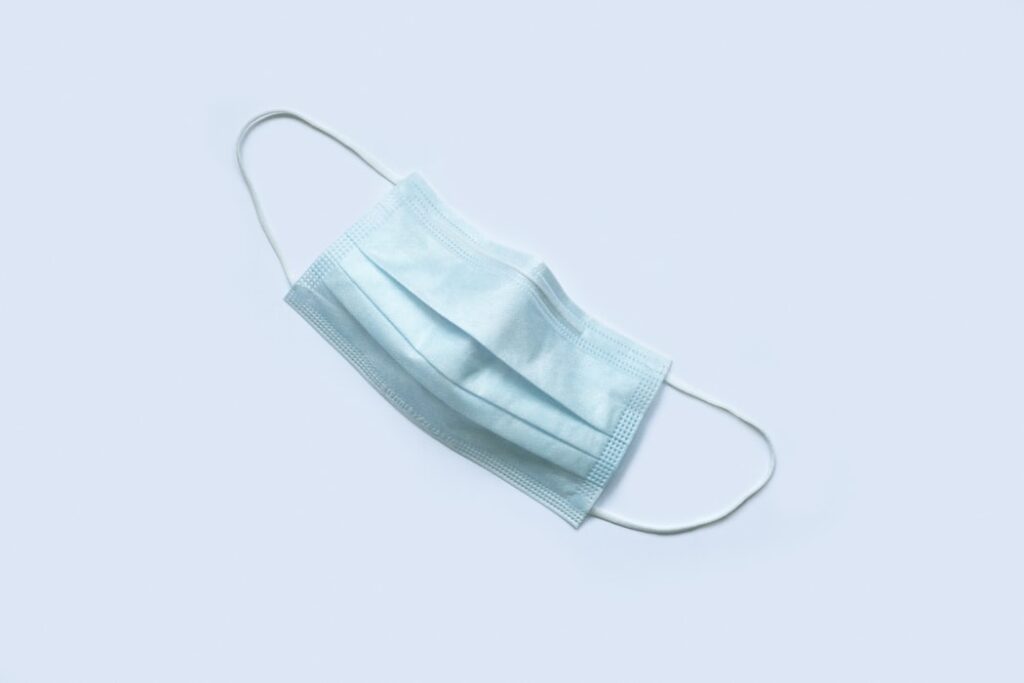The beginning of any semester can be a stressful experience. When I began undergrad at WSU Vancouver in 2016, it was filled with its own anxieties; however, starting this upcoming semester as a graduate student has a much heavier weight. Before the COVID-19 pandemic, apprehension surrounding which building your classes were in or how hard your course load would be that semester was commonplace. But today I am worried more so for the demographics of people who continue to be disproportionately impacted by COVID-19 and its uncontrolled spread. Worryingly, the sparse and vague communications with the WSU administration have only reinforced these fears.
Based on the Frequently Asked Questions page on WSU’s website (as of Aug. 20, 2021), students are required to be vaccinated for the fall, but can elect for a medical or religious exemption given the U.S. Food and Drug Administration’s recent approval of the Pfizer vaccine. However, if the religious exemption is poorly vetted, it may become misused as it is ‘often difficult’ to disprove a religious exemption according to Washington State’s Human Rights Commission. With potentially easily exploitable exemptions, the current fall semester will be a test of people’s honesty and ability to adhere to changing recommendations.
Moreover, with a difficult process of students receiving accommodations despite a year of online-only courses, a vulnerable population will have to decide between their health and their education. But what about students or faculty who live with children under the age of 12 or with immunocompromised people? The Access Center has only specified that accommodations can be made for students with certain disabilities or conditions, not faculty or students who have at-risk roommates or family members.
Unlike during the 2019 measles outbreak, WSU has not disclosed a plan to protect students by quickly providing remote access if an outbreak were to occur. For their 2019 measles response, students were provided free immunization, titer testing and remote accommodations; all things not currently offered at the Vancouver campus for the COVID-19 pandemic but offered at other universities.
Until the mask mandate issued by Governor Jay Inslee was announced on Aug. 18, WSU may have talked about recommending masking for all, but it did not seem the administration would implement a mandate soon given how close the fall semester was to start. Additionally, the mandate only covers masking and not social distancing; outbreaks occurring in classrooms and cafeteria areas where students are sitting in close proximity for greater than 15 minutes are still of great concern.
While much is yet to be revealed as the semester has already begun, I hope WSU Vancouver can put into place direct and meaningful action to limit the spread amongst populations of vulnerable students, as well as the community at large. WSU Vancouver should implement social distancing policies, provide COVID-19 vaccination and testing facilities on campus and offer navigable options for those who live with immunocompromised family members, children or students who simply do not wish to risk their health to take online-only courses if they wish. Finally, the administration should provide clear guidance on preventing, reporting and responding to COVID-19 outbreaks in case they were to happen during the fall semester.
If WSU Vancouver continues to implement only reactive policies, or ride the coattails of policies enacted by the governor when outbreaks are high across the entire state, how serious are they taking community health and education equity?
